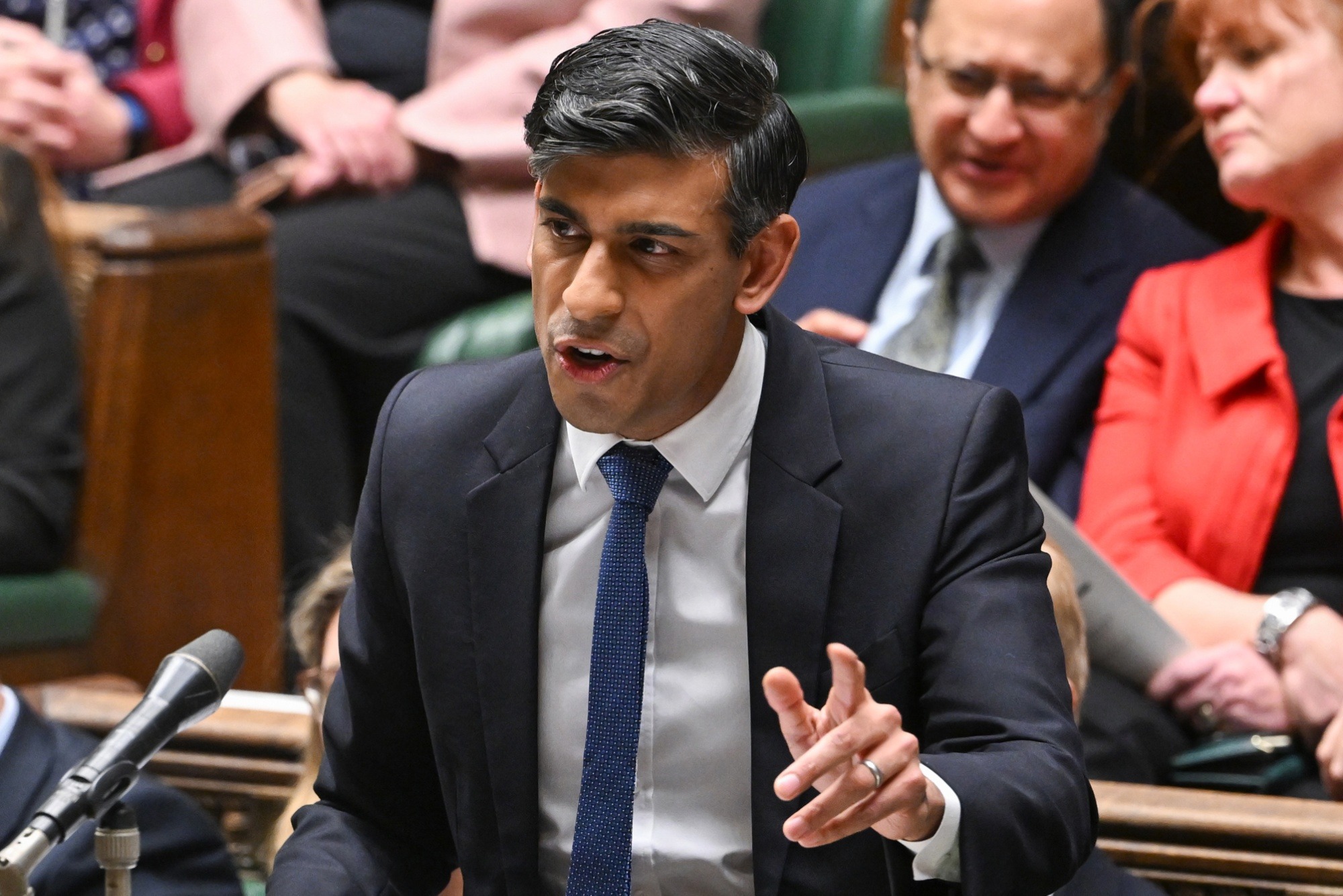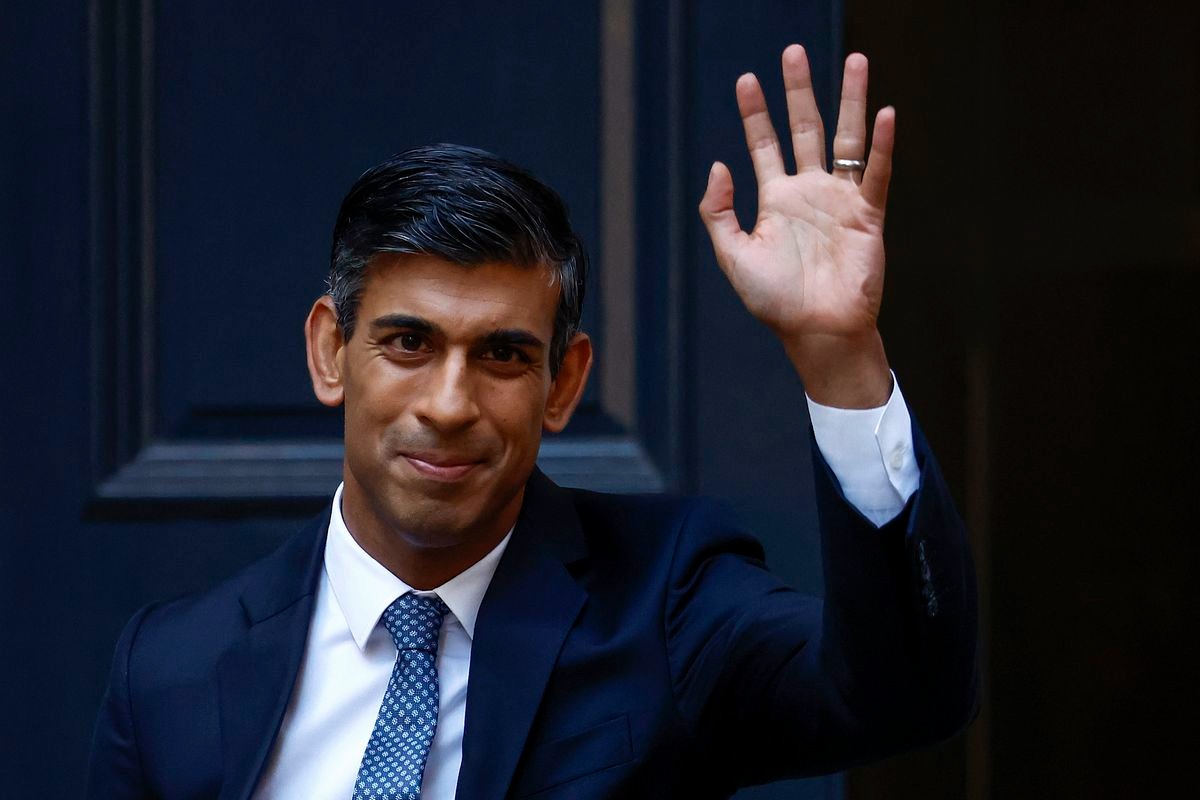In two English districts, voters dealt significant setbacks to Prime Minister Rishi Sunak by electing opposition-party lawmakers in traditionally Conservative-held seats.
The Labour Party celebrated victories as Damien Egan secured the House of Commons seat in Kingswood, southwest England, and Gen Kitchen claimed victory in Wellingborough, situated in the country’s center.
Despite the Conservatives winning both seats comfortably in the 2019 national election, they experienced a significant decline in support during the recent special elections.
The emergence of the hard-right Reform U.K. party, formerly known as the Brexit Party, further added pressure on the Conservatives.

Rishi Sunak (Credits: Bloomberg.com)
Labour leader Keir Starmer interpreted the results as a clear indication that voters desire change. These outcomes are likely to deepen concerns within the Conservative Party about the prospect of defeat in the upcoming national election, scheduled to take place in less than a year.
Opinion polls consistently show the Tories trailing behind Labour by 10 to 20 points. The recent elections were triggered by the sudden departure of two lawmakers, one in protest and the other amid controversy.
Chris Skidmore resigned from the Kingswood seat last month in protest against Sunak’s perceived lack of commitment to green energy, while longstanding Wellingborough legislator Peter Bone faced allegations of bullying and sexual misconduct.
The Conservative Party’s electoral woes have been compounded by their loss in 10 by-elections since the last general election, the highest number for any administration since the 1960s.
Since assuming office in October 2022, Sunak, the fifth Conservative leader since 2016, has struggled to regain the party’s popularity despite restoring a degree of stability.
The Conservatives have governed nationally since 2010, navigating through periods of austerity, the aftermath of the world banking crisis, the divisive Brexit decision, the COVID-19 pandemic, and a European conflict that exacerbated the worst cost-of-living crisis in decades.
Opinion polls indicate a decline in Conservative support across the country, with affluent southern voters disillusioned by Brexit and working-class northern voters who switched allegiance from Labour in the 2019 election feeling neglected.
Egan, in his victory speech, highlighted the disillusionment felt after 14 years of Conservative rule, expressing a collective desire for change.
Conservative Party chairman Richard Holden acknowledged the disappointing results, attributing the low voter turnout to a lack of enthusiasm for Labour.
However, polling expert John Curtice suggested that the results underscored the Conservatives’ significant electoral challenges, indicating a need to surpass historical records to regain momentum.
The Conservative losses may embolden internal party rivals, who are already positioning themselves for a potential leadership contest following an election defeat.
Some advocate for Sunak’s removal in favor of a right-wing candidate who could reclaim lost voters from Reform, while others caution against destabilizing the leadership.
Despite Labour’s own challenges, including a recent backtrack on a green investment pledge and ongoing allegations of antisemitism within the party, the impact on their standing in opinion polls remains uncertain.























